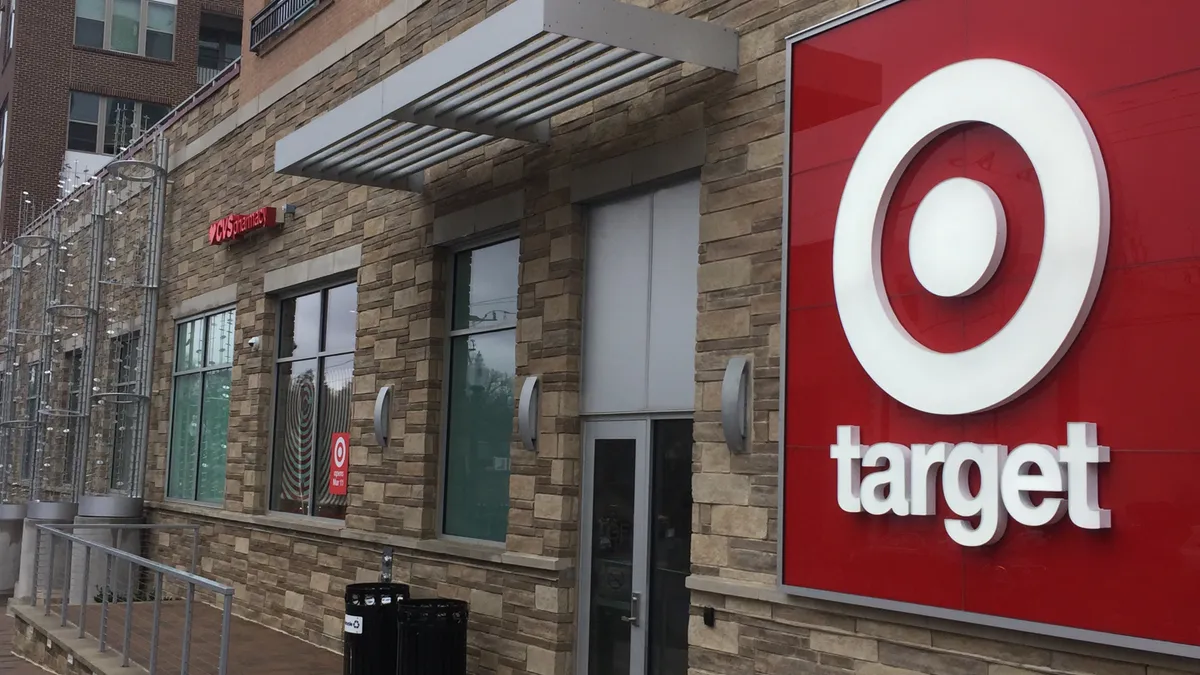Dive Brief:
- Target will lease its space at a Minneapolis community facility for the development of a learning and training center that will prepare Black students and students of color for information technology careers, according to an Aug. 3 statement.
- Operating as the North Star Innovation Center (NSIC), the initiative is a partnership between Target and Summit Academy OIC, a Minneapolis-based vocational school. Summit Academy serves nearly 1,000 adults each year and provides tuition-free education and training, Target said. Enrollment at NSIC will begin February 2021.
- The NSIC is part of Target's efforts to invest in the Minneapolis community and promote racial equity, the company said. Following the killing of Geroge Floyd, Target announced in June a $10 million investment in social justice programs along with other initiatives.
Dive Insight:
Many companies, including Target, pledged to address the issue of racial inequity following a wave of protests across the U.S. this summer. Target's NSIC announcement is one of several commitments corporations made focused on fulfilling that promise via learning and development programs.
In many cases, these efforts took the form of direct investment. In June, education technology company 2U announced it would provide a total of $3 million in scholarships for online technical training programs to individuals from underrepresented groups who are enduring financial hardship or who have lost their jobs.
Other employers have reacted to the current societal moment by launching training programs that focus specifically on inequality. Google, for example, said in late June that it would create "a range of anti-racism educational programs" to be launched by 2021. The company's CEO Sundar Pichai, also said that D&I would be integrated into mandatory managerial meetings.
But even as companies pledge to do better on D&I issues, the reality of racial inequity persists in many workplaces. Recent surveys by the Society for Human Resource Management (SHRM) found evidence of divides even between Black and White HR professionals on the problem. Sixty eight percent of Black HR professionals surveyed by SHRM said their organizations were not doing enough to provide opportunities for Black employees, compared to 35% of White HR professionals.
There are a number of obstacles people of color face in obtaining access to employment opportunities, including inequitable access to learning and development, sources previously told HR Dive. Within an organization, people of color may not have mentors or sponsors who are able to recommend them for additional training programs or promotions that can help them advance their careers. Employers might need to change managerial evaluations to ask how managers are supporting employees of color. They can also formalize mentorship programs and career maps to provide a clearer advancement path for all employees.














